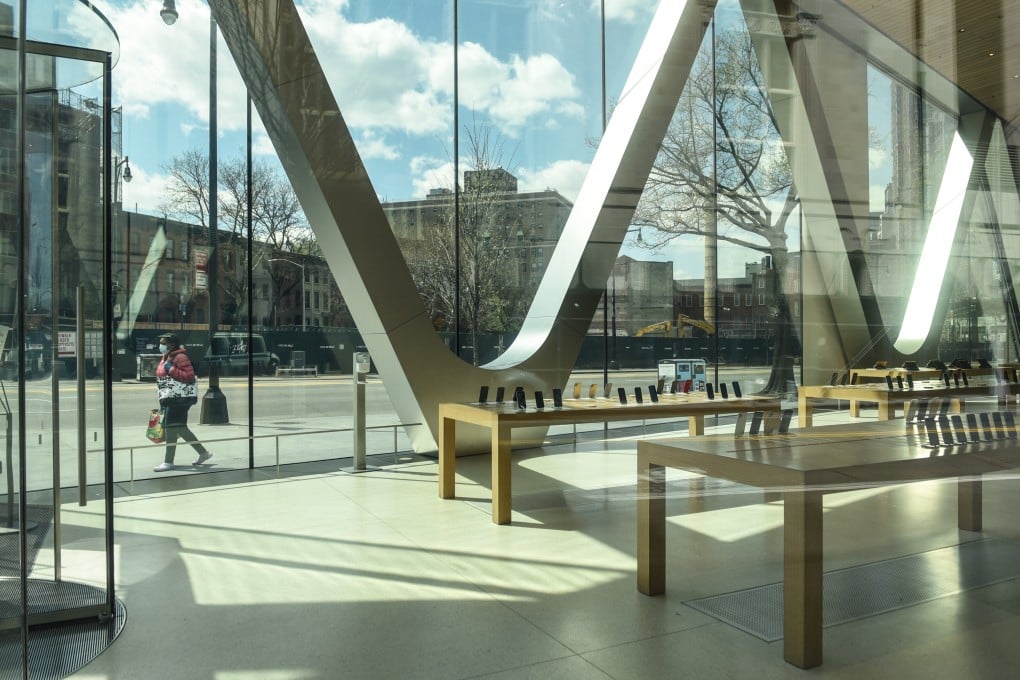Opinion | Why the best way to save the economy during the coronavirus crisis is simply to save lives
- One reason for the long-term economic impact of a poorly controlled pandemic is the financial cost of fatalities and severe illness. Each life lost or changed as a result of the coronavirus represents a loss of future productivity and demand

The narrative during the coronavirus pandemic is strong and pervasive: we must sacrifice either jobs or lives. This debate about the economic and ethical grounds of lockdowns has seemingly polarised American society. However, in reality, we all want to protect both the economy and public health. The good news is that this horrible choice might be a false dilemma. Indeed, the best way to save the economy is actually to save lives.
However, global pandemics like the Covid-19 crisis are akin to wildfires ripping through the economy. Social distancing mandates are the controlled fires we set to contain the devastation. Both are damaging to the economy, but the primary destructive force is the pandemic itself.
Sweden experienced an estimated drop of 25 per cent in aggregate spending, while Denmark suffered a loss of 29 per cent – a difference of only 4 percentage points. The data implies that much of the damage to the economy was done by the pandemic itself, not the mandated lockdown.

03:06
Coronavirus: anti-lockdown protests erupt across Europe in UK, Germany and Spain
Why is this the case? While social distancing prohibitions result in supply-side restrictions, the horrors of a dangerous and contagious pandemic simply crush demand. Most people are highly motivated to avoid illness, disability and death. Even without restrictions on businesses, events and gatherings, many consumers will stay at home until the threat is reduced.
